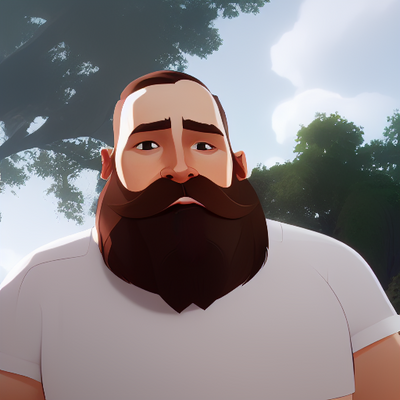To this guy, yes, though less to this article (that is pretty watered-down) than to the regular rants he posted to friendica/zot/… on that particular subject. Thanks for spotting his interview, though, brings black memories
- 0 Posts
- 6 Comments
What do you mean by specifications?
This was a few years back, and my memory isn’t that great, but from I recall : Diaspora had a rather privileged childhood, in the form of a very successul kickstarter. And they basically were the cool kids back then, and as such they didn’t follow any existing protocol (which, at that time, would have been either OStatus or XMPP, basically) and went their own way. Federation at that time wasn’t that much of a hype, but still they (rightfully) felt it would be great to document their protocol, and they published (some sort of) specification.
At the same time, Friendica’s author (which then went to built several other socialnetworking tools/platforms, as RedMatrix, Huzbilla, Zap, Zot, …) spent some time trying to federate his tools (can’t remember if it was Friendica or RedMatrix) with Diaspora. And was appalled by how unusable the specification was. From what I understood, at least.
It’s been there much longer, for one thing. But from what I recall, it’s been a mess specs-wise. I do especially remember Friendica/Zot’s author despairing over how little they followed their own specifications. I’m not sure they’re still relevant today

 3·1 year ago
3·1 year agoIt’s more for CYOA-like games, but Twine is pretty good and has a graph-like editor. Of course, if you want to do anything more complicated than “if (choice) go (page)”, you might need some code. But for the basics it works without.
I don’t use such a machine myself, but those are tools which I would turn to if I had :
The first one is just a library (i.e. building blocks), while the second looks more like a complete solution - based on Linux’ most used vector software Inkscape.

Great, I guess I just jumped off that ship before it became cool again ;)
Thanks for the insightful update.